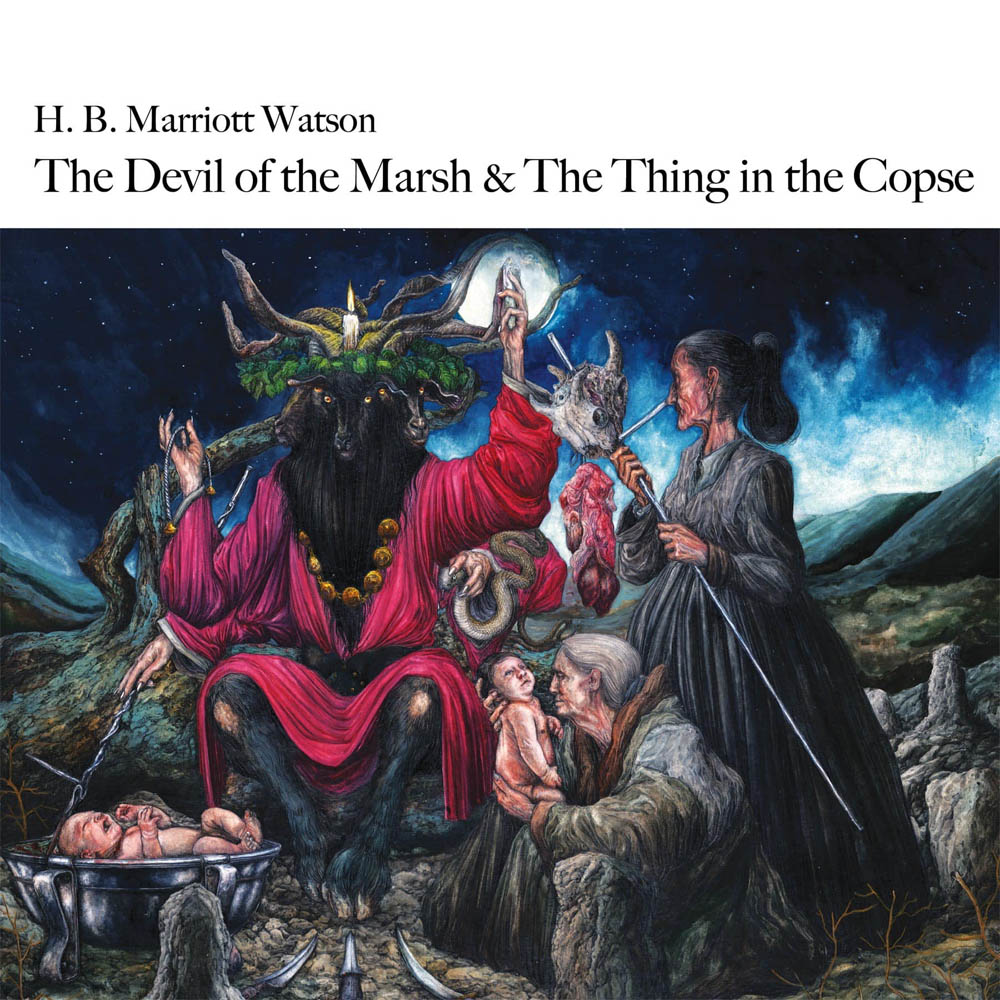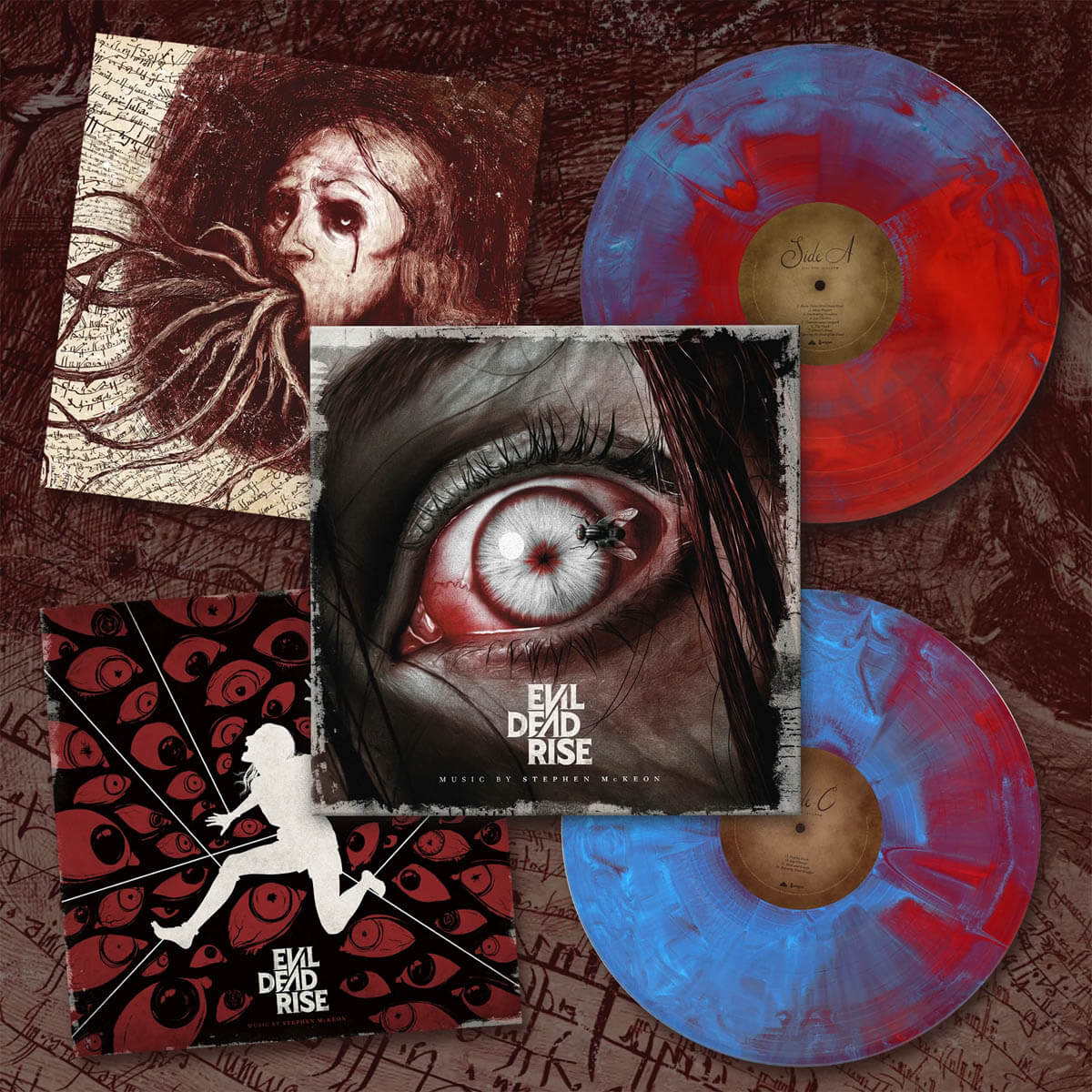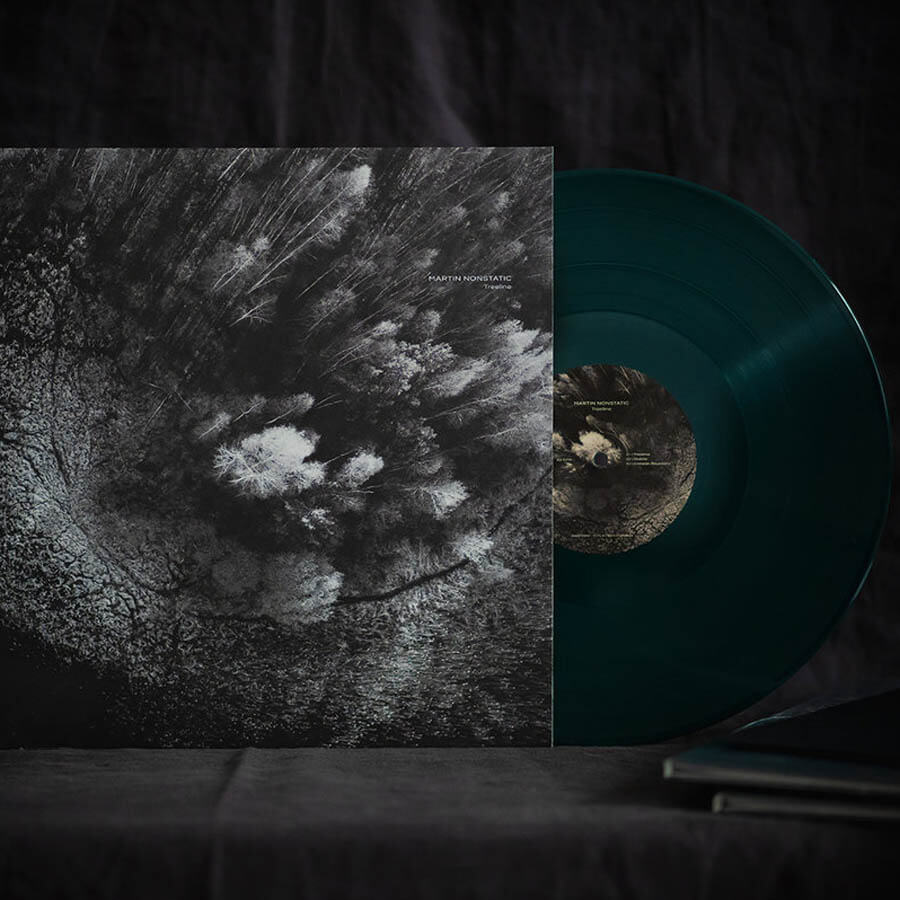The Thing In The Copse & The Devil Of The Marsh
$50.56
H. B. Marriott Watson, The Thing in the Copse & The Devil of the Marsh LP – Read by Laurence R. Harvey, score by Slasher Film Festival Strategy & Chris Bozzone.
Just 70x copies available worldwide
Specs:
•Limited pressing on 150 gram vinyl
•Printed on a deluxe heavy weight tip-on jacket
•Newly commissioned art by Zakuro Aoyama
Pre-order now — Due in Next Tuesday (28th May) 11 AVAILABLE
Perhaps it’s due to the fact that writer H. B. Marriott Watson spent much of youth in Australia, then moved to New Zealand as an adolescent, then came to England for his career upon reaching adulthood, but his work has a remarkable ability to define a sense of place in a way which feels as though the image has been placed directly in one’s head, rather than came to through reading or, in the case of this particular LP, listened to.
Both stories here – “Devil of the Marsh” and “The Thing in the Copse” – come from Watson’s 1893 short story collection Diogenes of London, and Other Fantasies and Sketches and are of a unique pairing. Unlike many of the author’s fellow turn-of-the-century writers of weird fiction, Watson’s work contains a sensuality and longing readily traceable to his romance novels.
Read here by Laurence R. Harvey, “Devil of the Marsh” balances that sense of terrifying weird fiction with that of passionate romance by setting the story in a place “so remote from human society and so darkly significant of evil presences,” enveloped in fog through which our narrator catches but brief glimpses of his surroundings, such as “a gaunt bush or withered tree rose like a spectre against the white mists.”
It’s a true slow burn of a tale, with the tension increasing measure by measure as we learn just what has drawn the protagonist into these mysterious environs, until finally we meet “a small squat thing, in the likeness of a monstrous frog, coughing and choking in its throat.” Harvey’s reading and accompanying score by the Slasher Film Festival Strategy has to this point been a slow, droning ratcheting up of the tension, but as the wretch speaks, both Harvey’s voice and the Slasher Film Festival Strategy’s score explode into wild dissonance, readily conveying through sound just how terrible is the sight being encountered.
The insistent chiming of the piano disappears in a swirl of electronic noise. It’s the sound of obsession being obliterated by a sudden return to reality, and is all the more emotionally devastating for it.
“The Thing in the Copse” is the mirror image, wherein our narrator begins the tale knowing full well what lurks in the grove at the back of the village, rather than gradually coming to a realization. While “Devil of the Marsh” sees the tale ending with a frightened storyteller fleeing in terror, “The Thing in the Copse” is a tale of a man who is almost unerringly unwavering and steadfast in how he deals with a woman who is not all that she initially seemed.
Both stories are defined by both Harvey’s reading and the scores which accompany them. In “The Thing in the Copse,” Chris Bozzone finds his own balance between electronic and acoustic sounds, using the tintinnabulation of distant bells to emphasize the ever-growing emotional remove experienced by our narrator.
These two stories by H. B. Marriott Watson represent yet another step forward in the work of Cadabra Records. Yes, they are uncomfortable and disturbing, but the emotional heft and resonance of these tales of love broken by supernatural interference resonate in new and exciting ways, sure to send listeners on a quest to find more of the author’s work.








